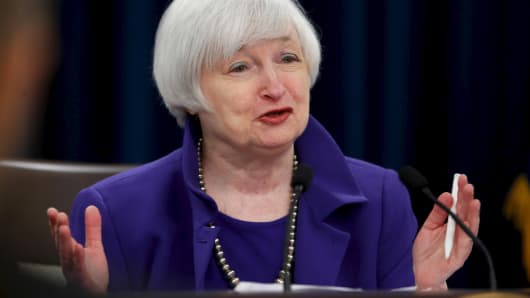Hellfire missile "just happens" to turn up in Havana in the year diplomatic relations are improving
Funny that, innit? Wot an
amazing coincidence
Gawsh I'm
so surprised!
After 50 years of never making a mistake too, wow.
====================================
Cuba returned to the United States an inert Hellfire missile that had been wrongly shipped to Havana in June 2014.
The missile, which did not contain explosives, had been shipped to Spain for a Nato training exercise, the Wall Street Journal said.
It was then taken to Germany and eventually to Charles de Gaulle Airport in Paris for onward delivery to Florida.
It was instead loaded on to an Air France flight to Havana.
The incident could have led to a serious loss of military technology, officials told the Wall Street Journal.
The whole affair has been embarrassing for the Americans, who have had to ask the Cubans if they could have their highly sensitive missile back, says the BBC's Will Grant in Havana.
The missile arrived on a flight from Paris "by mistake or mishandling in the country of origin," said a Cuban Foreign Ministry statement.
"Cuba acted with seriousness and transparency and co-operated to find a satisfactory solution to this issue," it added.
The AGM 114 Hellfire is a laser-guided missile that can be deployed from an attack helicopter or an unmanned drone.
US officials were worried that Cuba could share the advanced technology inside the missile with countries such as North Korea, China or Russia, sources close to the investigation told the Wall Street Journal.
The US and Cuba, old Cold War enemies, restored diplomatic relations in July last year after more than 50 years.
The two countries have been working to rebuild their economic and trade ties.
An announcement is expected on Tuesday about the reinstatement of scores of commercial flights between US cities and Havana.
http://www.bbc.co.uk/news/world-us-canada-35571837










